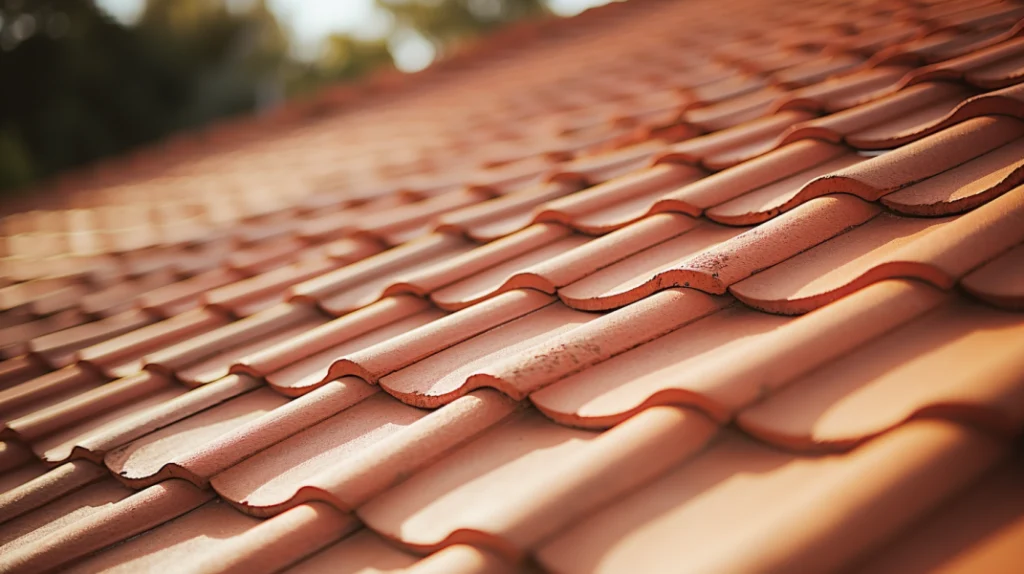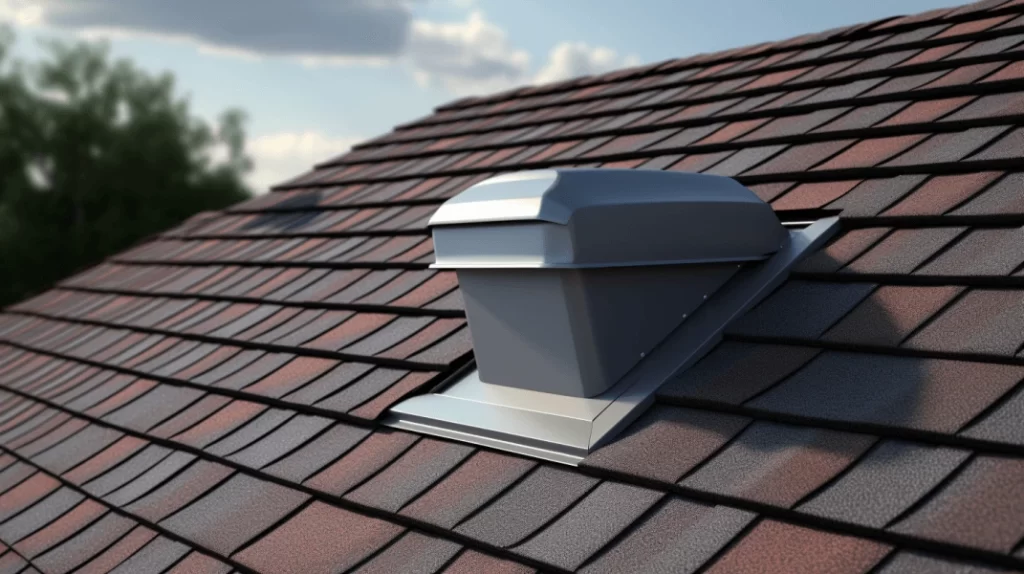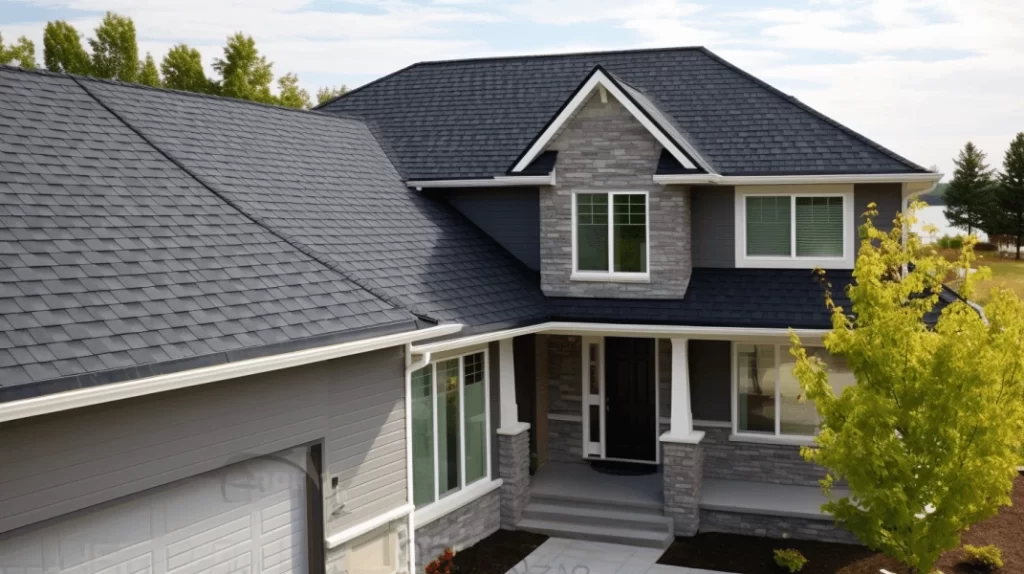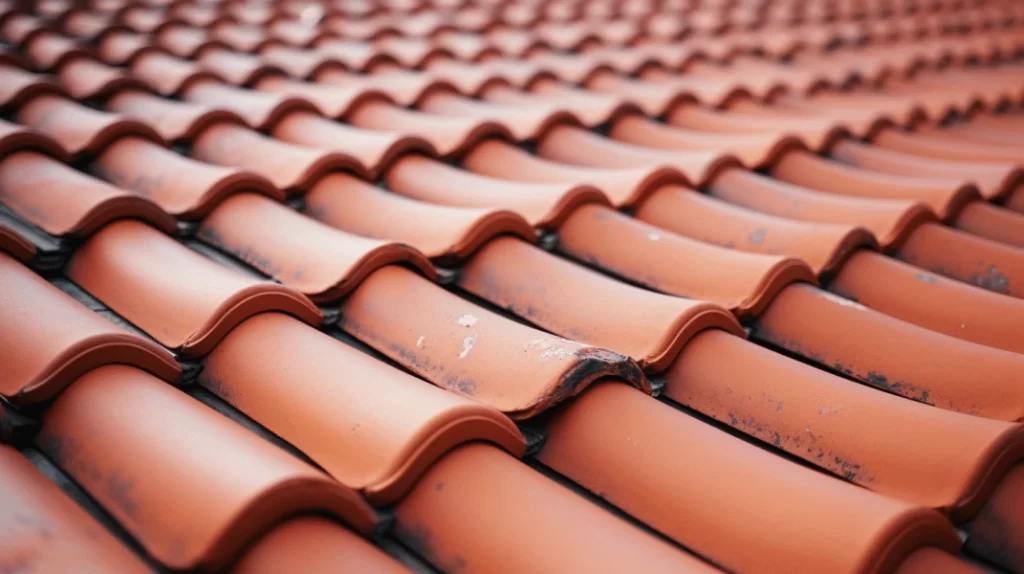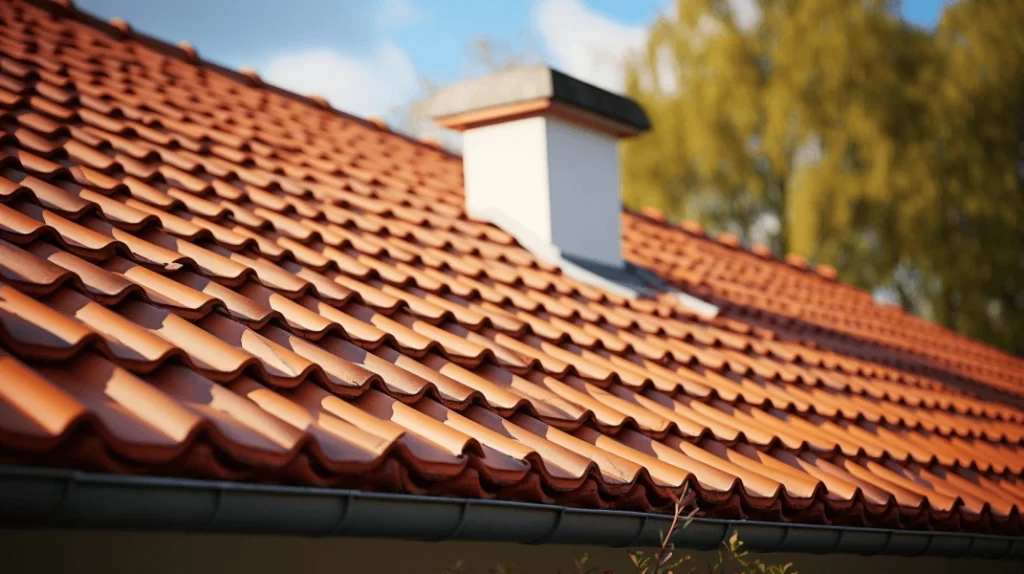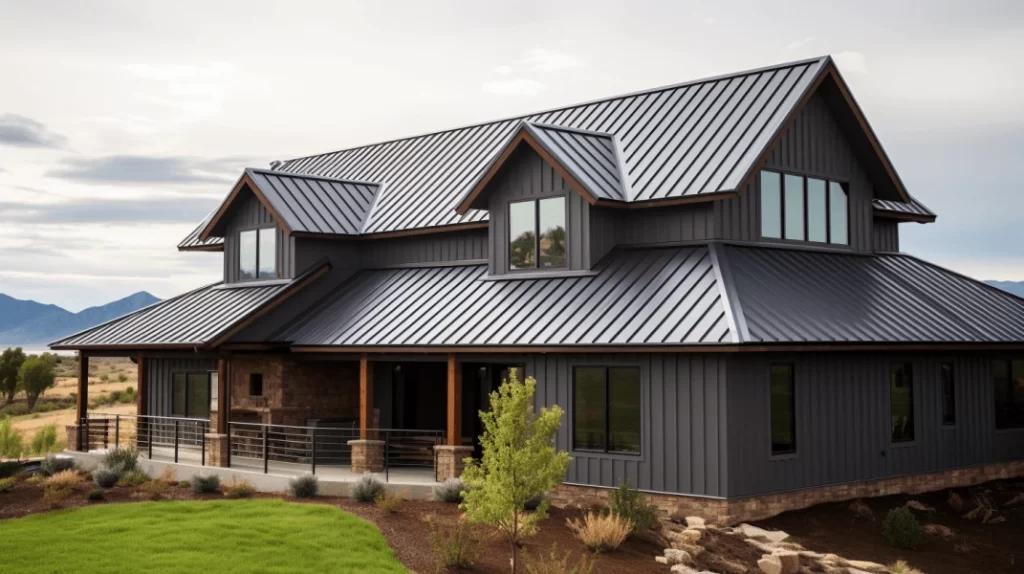Houston’s distinctive climate, characterized by its hot summers, high humidity, and occasional storms, brings unique challenges for roofs. At Mend Roofing, we’ve fielded numerous questions from homeowners in Houston about the durability of roofs under such conditions. We are here to provide an in-depth and transparent breakdown of roofing longevity in Houston, Texas.
Factors Determining Roof Longevity in Houston
1. Roofing Material
Asphalt Shingles
A preferred choice for many, asphalt shingles usually endure between 20 and 30 years. Their lasting capability is determined by the quality, installation, and maintenance. It’s always a good idea to consult with a trusted roofing company in Spring TX, like Mend Roofing, when considering the right materials for your home.
Metal Roofing
Metal roofs, known for their durability, can span upwards of 40-70 years in the Houston area. Resilient to the scorching heat, they offer homeowners a longer-lasting option with minimal maintenance.
Tile and Slate
Tile and slate roofs stand out for their longevity, with a life expectancy ranging from 50 to 100 years. Although durable, these roofs might require sporadic tile replacement due to wear and tear.
Wood Shingles
Wood shingles or shakes have an approximate lifespan of 20-30 years. However, in Houston’s humid environment, they require more maintenance to deter mold and rot.
2. Installation Quality
A roof’s installation can make or break its lifespan. When installed by a reliable roofing contractor in Spring TX, you can ensure that the roof is equipped to bear Houston’s climate without premature wear.
3. Ventilation and Insulation
Ensuring effective ventilation and insulation is paramount. These components aid in moderating attic temperatures, thereby lessening the burden on the roofing material.
4. Maintenance and Repairs
Routine inspections, cleaning, and addressing repairs in their infancy can protract your roof’s life. Dealing with minor problems before they exacerbate can save homeowners considerably over the years.
Impact of Houston’s Climate on Roofs
Houston’s climatic conditions significantly affect roofing longevity. The amalgamation of elevated temperatures, powerful UV rays, and recurring storms means roofs in Houston confront more deterioration than those in temperate climates.
1. Heat and UV Rays
Consistent exposure to the sun’s UV rays can lead to the degradation of roofing materials. Roofs with darker shades absorb more heat, potentially leading to faster wear.
2. Humidity and Rainfall
High humidity levels, typical of Houston, can accelerate algae and mold growth, especially on wood shingles. Additionally, persistent rainfall can lead to pooling water, which if not properly managed, can undermine the roof structure.
3. Hurricanes and Storms
The occasional hurricanes and storms can cause immediate roofing damage. Everything from shingle displacement to foundational harm can occur, emphasizing the need for a qualified roofing contractor in Spring TX for repairs and maintenance.
Protecting Your Roof in Houston’s Climate
- Regular Inspections: Mend Roofing recommends scheduling professional inspections at least annually or after substantial storms.
- Proper Ventilation: Ensure your roof and attic have efficient ventilation to curtail heat accumulation.
- Quality Underlayment: Investing in robust underlayment safeguards against potential water damage.
- Gutter Maintenance: Regularly maintain gutters to avert water accumulation near the edges.
In Conclusion
In Houston, Texas, a roof’s longevity is multifaceted, influenced by both the material chosen and the challenges of the local climate. Regular maintenance, coupled with understanding the implications of the local climate, are crucial for a roof’s lifespan. Decisions made about materials, installation, and care, particularly with experts like those at Mend Roofing, ensure homeowners optimize their investment.

